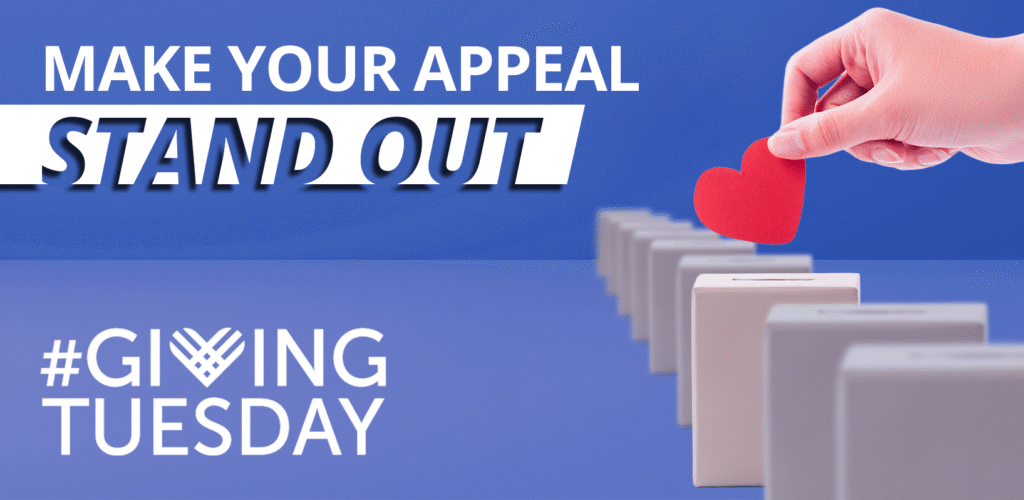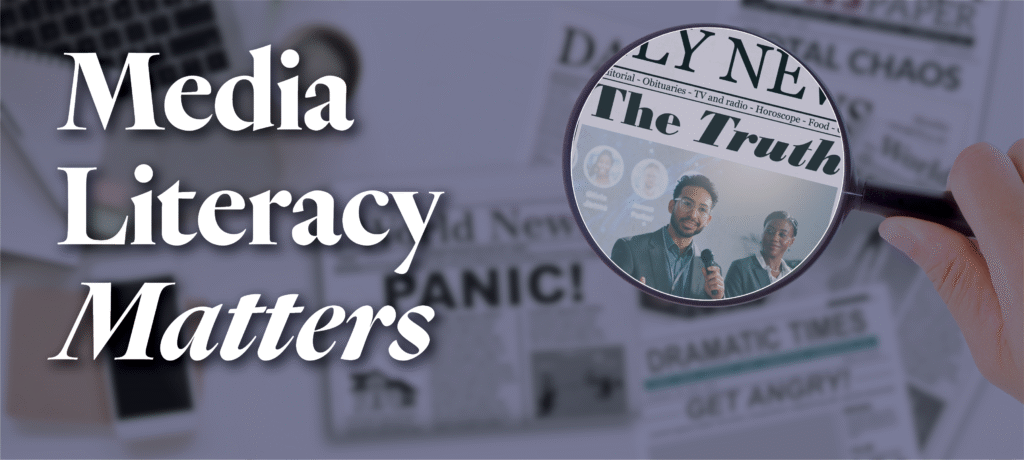Note: In November 2020, Ceisler Media Senior Vice President and Chief Operating Officer Kate Wilhelm suffered tragedy with the sudden death of Christopher Chimicles, her ex-husband, best friend and father to their young daughter, Lizzie.
In this installment of Lead Time, Kate discusses the challenges of leading through such moments, with a focus on openness, resiliency and trust.

Q: Leaders are expected to perform under all circumstances. But they are also human beings who may be coping with personal issues. How do those two things square up?
KW: Well, it’s difficult when something occurs that rocks your core and you lose your center. You have to trust your gut, and give yourself permission to step back and focus on what you need to do and what it will take to get you through it. I’ve always believed that you have to try to put one foot in front of the other and see how many steps you can take.
When Chris died, every step I took felt small and like I was walking through a heavy fog. But after a while, I was able to take more and the world started to regain focus. Chris hated when I was too emotional or unfocused, so reminding myself of that helped give me the strength to press on in his honor. People are counting on me, first and foremost our daughter.
Q: That’s the priority, of course. Where does work fit into it?
KW: I’m fortunate, because of the culture we have at Ceisler Media, which begins with Larry Ceisler. He helped me during the incredibly tough first days, telling me, ‘We’re going to get you through this.’ He’s always presented a philosophy of loyalty, graciousness and openness, and that carries through the company. He was able to keep me steady, helped me define my new normal and helped me recenter.
Q: How did you handle all of this with the people who work with you and for you?
KW: I had to step away from my responsibilities for a little while to truly focus on my family. When I came back, we were still immersed in COVID and remote work, so we held a Teams call where I expressed my gratitude to the staff on how they stepped up in my absence. I reminded them that while I was back, I was still going to need some time. I was open about how what happened was affecting me and reminded everyone they don’t need tragedy to befall them in order to need space and grace. There are still moments now when I say, ‘It’s going to be a wavy time, so I need you to ride the waves with me.’ It was important to know that we have an environment where people have your back, you feel that; where you’re not alone.
Q: And I’m assuming you want all of your colleagues to feel the same way if something should occur in their lives.
KW: Absolutely — and many have. It’s important that everyone knows they have the same office support structure that I had. When people on our team need a helping hand, we have to offer it and we have to listen to what they need to be at their best. I’ve also said it shouldn’t take trauma and tragedy for people to reach out for a hand or say they need a minute. If anything, Chris’s sudden passing reminded me of the moments that matter and to not take the little things for granted.
We have a colleague here whose brother is going through a serious medical issue. I said, ‘Do what you need to do, take whatever time you need to take.’ It’s not as if anyone is looking for a hall pass to take a day off in these situations. They’re trying their best to keep going. Looking out for your people helps make the team stronger. It’s creating an environment and a culture where everyone has the sense that they can be open and transparent and trust that they’ll be respected for that.
Q: There are probably some traditionalists who would say that a leader show not show emotion, because it may be read as a sign of weakness.

Q: And what does your staff gain from that approach?
KW: It’s good for them because they see my true sense of self — both my resiliency and my vulnerability. People see me struggle, but I still push through and get things done. No one will ever say they can’t tell how I feel about something.
Grace isn’t about making excuses — neither is grief. As someone who’s experienced this kind of trauma, I made a choice not to use this as an excuse to hide under the covers. I use it to empower me to perform, to define my own legacy by what I do today. That’s what’s important — defining who we are and being true to ourselves about it. What’s the lasting impression you want to leave? I don’t want people to think, ‘Hey that happened to her and she packed it in.’ I want them to know, ‘It happened to her and she moved forward positively.’
And as much as my own legacy, I want to be a steward of Chris’s for our daughter. He was a man who was an inspired entrepreneur with a bold vision, with a passion for Philadelphia and our nation’s 250th birthday, someone who was an incredible mentor and friend and father — someone we will miss every day, yet know the world is better because he was a part of it, if only for too short a time.

Kate Wilhelm is the COO and Senior Vice President at Ceisler Media’s Philadelphia office.



